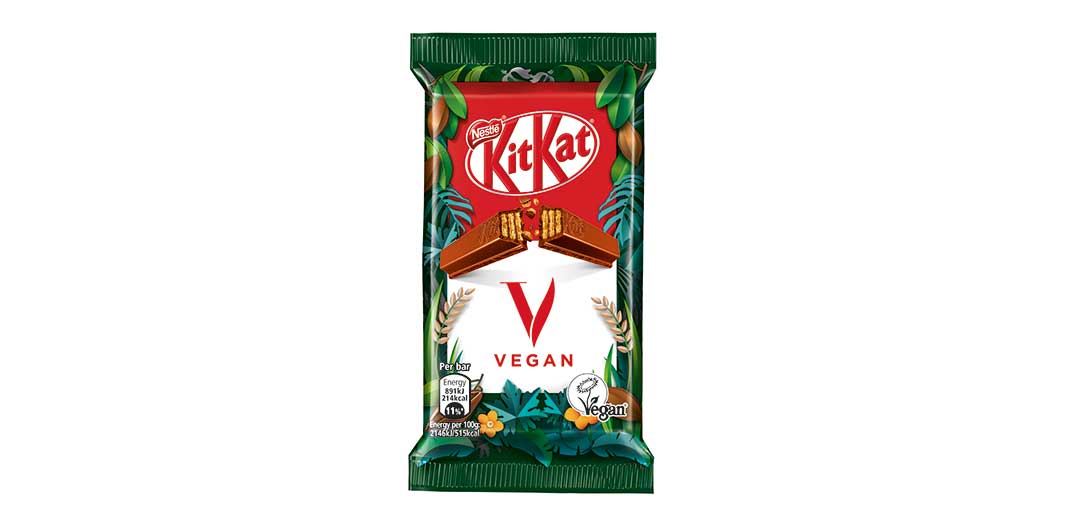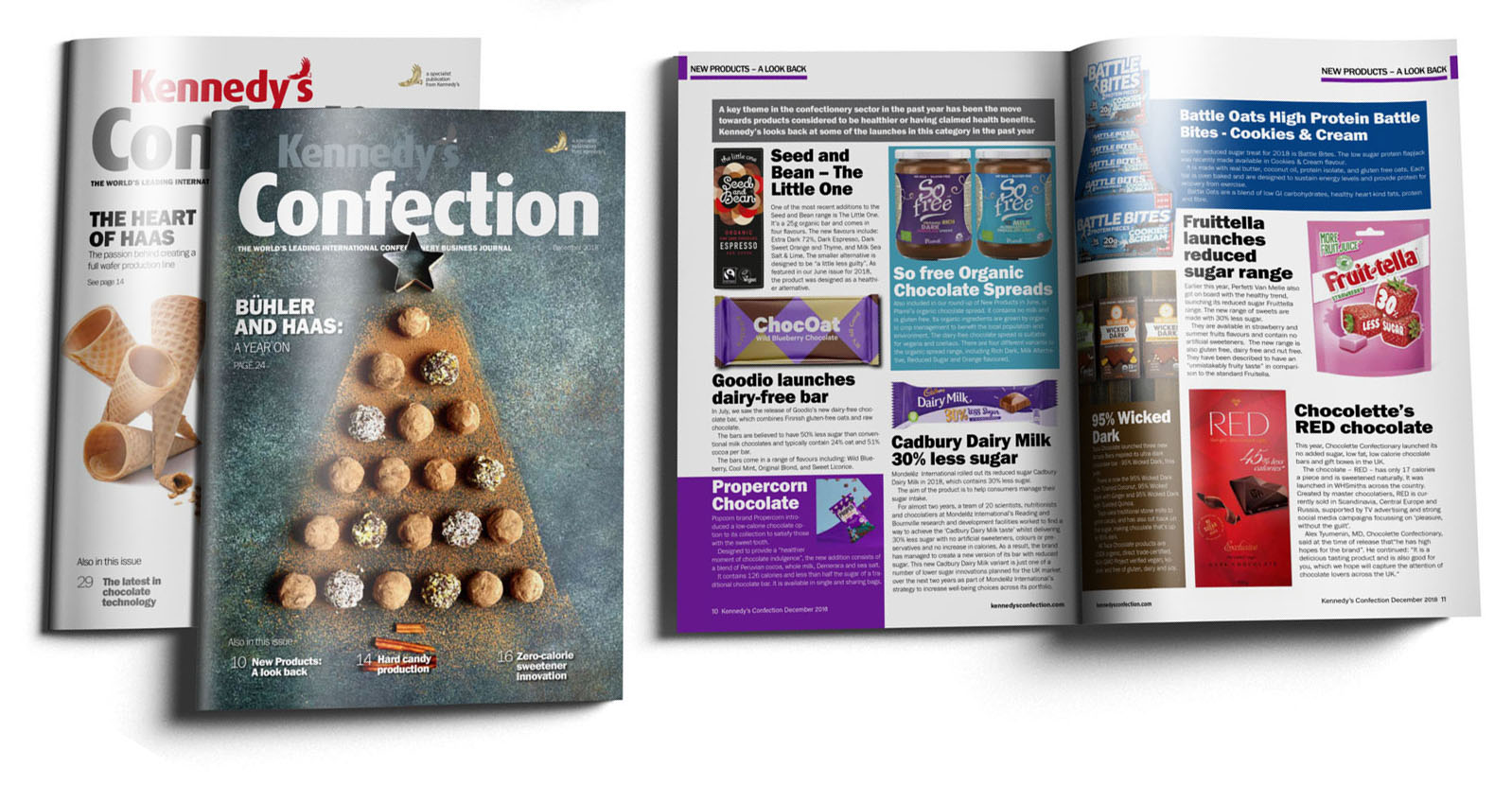Tate & Lyle PLC new survey out today has found that almost three quarters (73%) of European bakery manufacturers say reduced sugar and calorie products are the biggest driver of business growth. This is followed by “free from” products (54%) and improving the product-consumption experience (48%), which both highlight the ongoing importance of health and wellness in the industry.
The survey of 400 senior bakery industry professionals across Germany, France, Spain and the UK, found that calorie reduction is the aspect of health and wellness most businesses are prioritising, with almost three quarters (74%) citing this as most relevant to them, followed by sugar reduction (71%) and fat reduction (54%).However, it’s not just about reduction, as more than half of the professionals (51%) stated that consumers are also more likely to choose products that offer additional nutritional benefits, such as added protein and added fibre.More than two fifths (44%) of respondents said that a substantial proportion of consumers are willing to pay more for healthy and nutritious foods, while a third (34%) say consumers are increasingly looking beyond the labels on products for details of nutritional contents.
Olivier Kutz, Category Development Manager, Tate & Lyle, Europe, said: “More and more people are looking for ways to stay healthy and improve their wellbeing, a trend that has been building for a while and continues to grow. Paying more for products with enriched nutritional benefits has accelerated, as consumers gain interest in, and understanding of, exactly what is in the products they buy. “A heightened awareness of healthier diets and the long-term health implications of the Covid-19 pandemic has also meant people spending more time at home and taking up baking as a hobby are wanting to use healthier products where possible.”
Responding to Covid-19 Following the onset of the pandemic, the majority of businesses saw a fall in demand for bakery products across the convenience retail (40%), wholesale (42%) and fresh bakery (53%) channels, with much larger reductions in the travel (79%) and out-of-home (89%) channels. Grocery retail was the only channel where businesses saw an overall increase in demand, with half (50%) saying demand has grown.As expected, cost optimisation across the supply chain and managing cash flow, cited by 46% and 45% of businesses respectively, have been the top strategies of those looking to counter the business impact of Covid-19.
However, a third (37%) said they are concentrating on new product development to support business recovery, and another 36% said they are prioritising product reformulations in line with current trends, to drive consumer demand.Will Ballantyne, Technical Manager Bakery, Tate & Lyle, Europe, said: “As with many sectors, bakery has found itself heavily impacted by the rapid onset of the Covid-19 pandemic. But we see a positive picture here with the industry adapting and adjusting to remain profitable and boost sales. It’s encouraging to see bakery businesses working hard to understand consumer demand and putting steps in place to ensure future growth and resilience.”
Katya Witham, Global Food and Drink Analyst, Mintel, said: “It goes without saying that the pandemic has created big challenges for the food and drink industry, but it has also been the catalyst for huge opportunities. These are both immediate with many businesses thriving from agilely adapting to new consumer needs and in the long-term as the crisis will leave a number of lasting legacies.”The European Bakery Industry Report was commissioned by Tate & Lyle to capture the current challenges and opportunities seen across the bakery industry, alongside the long-term market trends.The report surveyed 400 senior professionals in the bakery sector in roles from production and sales to R&D and marketing, from Germany, France, Spain and the UK, and includes exclusive commentary from market research specialists, Mintel.







